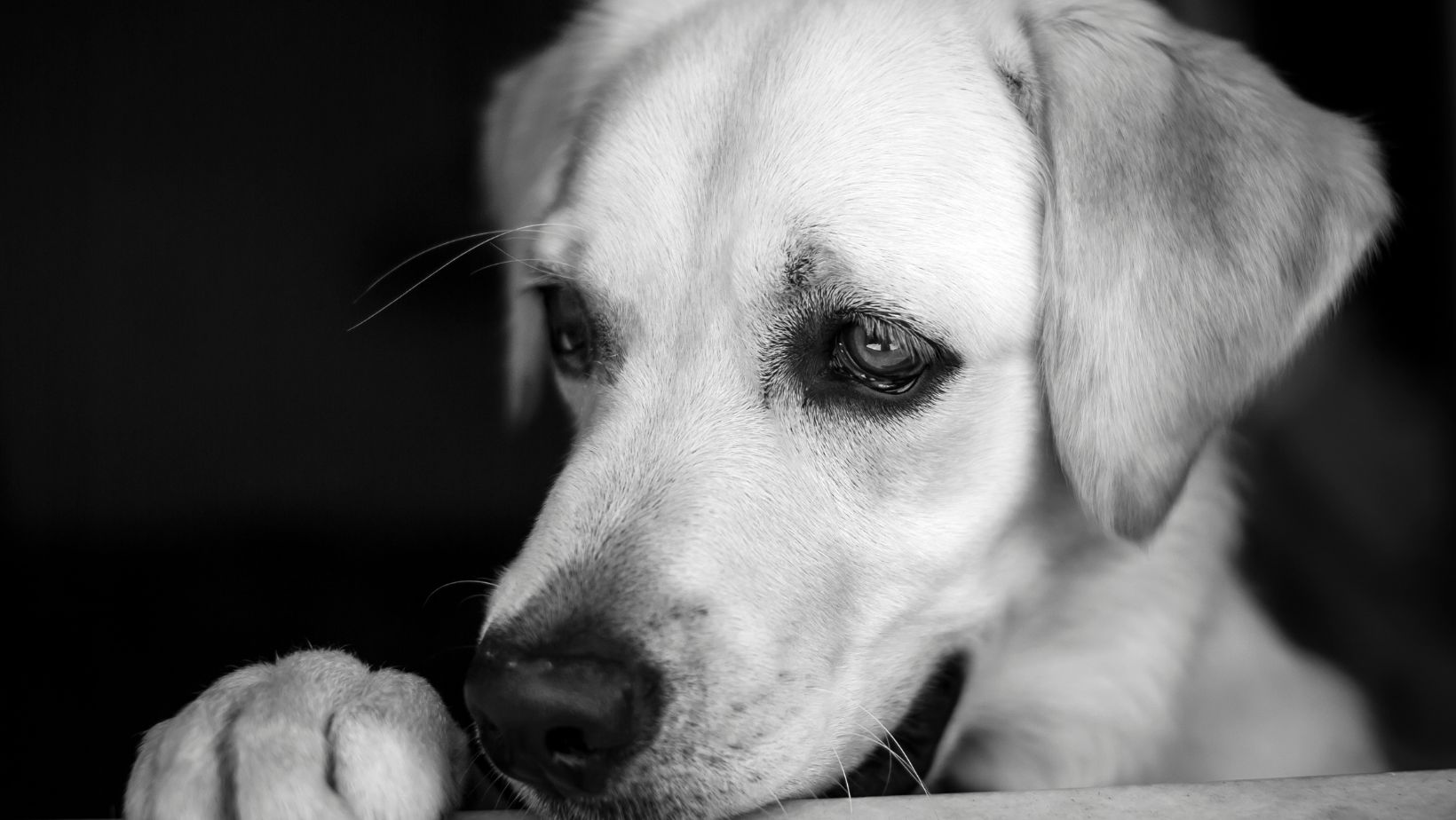How to Train a Reactive Dog on Leash
Training a reactive dog on leash can be a challenging task, especially when it comes to Labrador Retrievers. These intelligent and energetic dogs require proper guidance and training to help them overcome their reactivity. In this article, I’ll share some valuable insights on how to train a reactive dog on leash, emphasising the importance of seeking professional help for your Labrador.
Reactive behavior in dogs is often triggered by fear, anxiety, or lack of socialization. When encountering certain stimuli like other dogs or unfamiliar surroundings, reactive dogs may display aggressive or defensive behaviors. To address this issue effectively, seeking professional help is crucial. A qualified dog trainer or behaviorist can assess your Labrador’s specific needs and develop a tailored training plan to modify their reactivity.
One important aspect of training a reactive dog on leash is desensitisation and counterconditioning. This technique involves gradually exposing your Labrador to the triggers that cause their reactive behavior while rewarding calm and relaxed responses. A professional trainer will guide you through the process, ensuring that it is done safely and at a pace that suits your dog’s comfort level.
Remember, attempting to handle a reactive dog without professional guidance can be risky for both you and your Labrador. Professional trainers have the experience and knowledge necessary to implement effective techniques while prioritising safety. So if you’re struggling with training your reactive Labrador on leash, don’t hesitate to seek expert assistance – it can make all the difference in helping your furry friend become more confident and well-behaved during walks.

Understanding Reactive Behavior in Dogs
Reactive behavior in dogs can be challenging to handle, but with the right approach and professional guidance, it is possible to train a reactive dog on leash. In this section, I’ll provide you with a deeper understanding of reactive behavior in dogs and why seeking professional help is crucial for training your Labrador.
- What is reactive behavior? Reactive behavior refers to an exaggerated or intense response from a dog when faced with certain triggers. These triggers can include other dogs, unfamiliar people, loud noises, or even specific environments. Reactivity may manifest as barking, lunging, growling, or pulling on the leash.
- Causes of reactive behavior: There are various factors that can contribute to reactive behavior in dogs. It could stem from fear or anxiety due to lack of socialization during their critical developmental period as puppies. Traumatic experiences or inadequate training methods can also play a role in developing reactivity.
- The importance of seeking professional help: Training a reactive dog requires specialized knowledge and experience that professional trainers possess. They understand the underlying causes of reactivity and can design personalized training plans tailored to your Labrador’s needs.
- Positive reinforcement training: Professional trainers often use positive reinforcement techniques to modify reactive behaviors effectively. This involves rewarding desired behaviors and gradually desensitizing the dog to their triggers in controlled environments.
- Management strategies: Alongside training, management strategies are vital for handling a reactive dog on leash safely. This may involve using tools such as head halters or front-clip harnesses for better control during walks while avoiding confrontations with triggering stimuli.
- Consistency and patience: Training a reactive dog takes time and consistency from both the owner and the trainer. Patience is essential as progress may be gradual, but with dedication and persistence, improvements can be achieved.
Remember that every dog is unique, so results may vary. Seeking professional help ensures that you receive guidance tailored to your Labrador’s specific needs, increasing the likelihood of successful training.